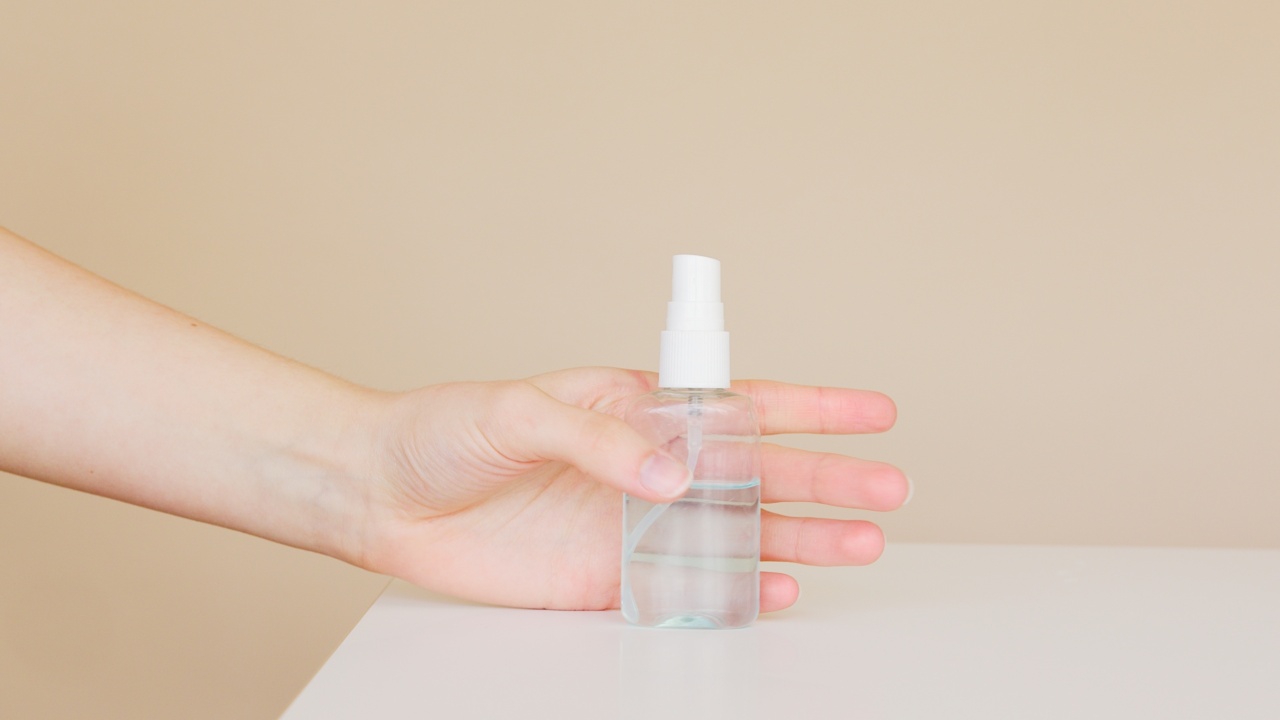Your prostate gland, a small walnut-shaped gland located below your bladder, plays a critical role in your reproductive system. It primarily produces seminal fluid that nourishes and transports sperm during ejaculation.
However, as you age, your prostate gland becomes vulnerable to various conditions that can affect your quality of life and overall health.
Prostate cancer, benign prostatic hyperplasia (BPH), and prostatitis are some of the common conditions that can affect your prostate gland. That’s why it’s essential to take proactive measures to protect your prostate and avoid these conditions.
In this article, we’ll discuss some of the measures you can take to protect your prostate.
Eat a Healthy Diet
Your diet plays a vital role in your overall health, including your prostate health. A diet rich in fruits, vegetables, whole grains, and lean proteins can help protect your prostate gland.
Avoid consuming a high-fat diet and red meat, as they can increase your risk of developing prostate cancer. Instead, consume healthy fats found in nuts, seeds, and fish such as salmon, tuna, and sardines. Additionally, hydrate your body by drinking plenty of water each day.
Exercise Regularly
Regular exercise is beneficial for your overall health, including your prostate health. Engage in physical activities such as walking, jogging, swimming, or cycling for at least 30 minutes per day.
Regular exercise can help prevent obesity and reduce inflammation, which can contribute to the development of prostate cancer. Additionally, it can improve your cardiovascular health, reducing your risk of developing conditions such as hypertension, diabetes, and stroke.
Get Regular Prostate Examinations
If you’re over 50 or have a family history of prostate cancer, it’s essential to get regular prostate examinations. Early screening can help detect prostate cancer in its early stages, increasing your chances of successful treatment.
The two common types of prostate cancer screening tests are digital rectal examinations (DRE) and prostate-specific antigen (PSA) blood tests.
Manage Your Stress Levels
Stress can negatively impact your overall health, including your prostate health. Chronic stress can lead to inflammation and increase your risk of developing prostate cancer.
Therefore, it’s essential to manage your stress levels by engaging in stress-reducing activities such as meditation, yoga, or deep breathing exercises. Additionally, ensure you get enough sleep each night to reduce your stress levels.
Avoid Smoking and Alcohol Consumption
Smoking and excessive alcohol consumption can adversely affect your prostate health. Smoking exposes your body to harmful toxins, increasing your risk of developing prostate cancer.
On the other hand, excessive alcohol consumption can lead to inflammation and contribute to the development of prostate cancer. Therefore, it’s crucial to avoid smoking or seek help to quit and limit your alcohol consumption to reduce your risk of developing prostate cancer.
Consider Prostate Supplements
Several natural supplements can help protect your prostate gland. For example, saw palmetto, a plant extract known for its anti-inflammatory and anti-androgenic properties, can help prevent the development of BPH.
Additionally, lycopene, a carotenoid found in tomatoes, can help reduce your risk of developing prostate cancer. However, it’s essential to speak with your healthcare provider before starting any supplements to ensure their safety and efficacy.
Maintain a Healthy Weight
Obesity is a risk factor for various health conditions, including prostate cancer. Therefore, it’s essential to maintain a healthy weight by eating a healthy diet, engaging in regular exercise, and getting enough sleep each night.
Additionally, avoid crash diets and fad diets, as they can harm your overall health and well-being.
Be Sexually Responsible
Sexually transmitted infections (STIs) can adversely affect your prostate health, leading to conditions such as prostatitis. Therefore, it’s essential to practice safe sex and use condoms during sexual activity.
Additionally, if you experience symptoms such as pain, discomfort or discharge during sexual activity, seek medical attention immediately.
Conclusion
Protecting your prostate gland is essential for your overall health and well-being.
Eating a healthy diet, engaging in regular exercise, avoiding smoking and alcohol consumption, and managing your stress levels are some of the measures you can take to protect your prostate gland.
Additionally, getting regular prostate examinations, considering prostate supplements, maintaining a healthy weight, and practicing safe sex can help protect your prostate gland and reduce your risk of developing prostate cancer, BPH, and prostatitis.



























